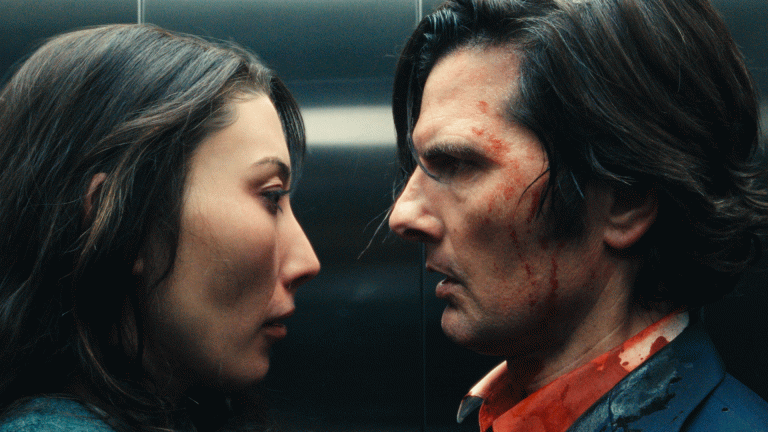Last month I had a relapse in my ongoing attempt to manage my OCD. That would be obsessive compulsive disorder, a much-misunderstood condition in which the sufferer feels compelled to undertake rituals in a futile attempt to relieve mental distress. I’d had enough. In the absence of peace I was content with oblivion. I ended up on train tracks. The police were called. It was a whole thing.
The following day me and my partner drove to a hospital in east London, approached a door boarded up with plywood, and via intercom asked to see the Crisis Team, the NHS unit who offer 24-hour help to those in distress.
We waited. And we waited. And then we waited some more. Twenty-minutes later, somehow, despite the fog engulfing my brain, I managed to turn to my partner and say, “they have a fairly languid definition of crisis in these parts, huh?”
She laughed. You’ve got to laugh.
Most mentally ill people I know struggle to laugh whenever Mental Health Awareness Week rolls around, as it has again this week, even if “I’m fine for awareness, thanks, can I have some effective treatment instead?” is a pretty funny joke. Timeless too. Truth is, unless you’ve found yourself in the mental health system you wouldn’t know how broken it is. I hope you never have to find out. Take it from me, being besieged by platitudes about ‘taking a hot bath’ and ‘calling friends’ feels especially galling when the serious help you need feels so far away. I’m sure the 1.6 million people, including 374,000 under-18s, on the official waiting list for NHS mental health care, feel the same way.
The number of people who need mental health support, says The Guardian, is actually estimated to be nearer to 8 million and growing, with the difference made up of people with bipolar disorder, psychosis and mental health problems related to pregnancy and childbirth, as well as those who have self-harmed or had suicidal thoughts, but aren’t deemed seriously ill enough to be seen as a matter of priority. Make no mistake, as the pandemic arrives at a manageable plateau, we are poised on the brink of a mental health disaster. Government figures show one in six young people aged 6 to 16 had a probable mental health condition in late 2021, up from one in nine in 2017. At the same time, funding is unevenly distributed: last year, says The Financial Times, only half of local NHS authorities met the government target of spending 1 per cent of their budget on children and young people’s mental health.










